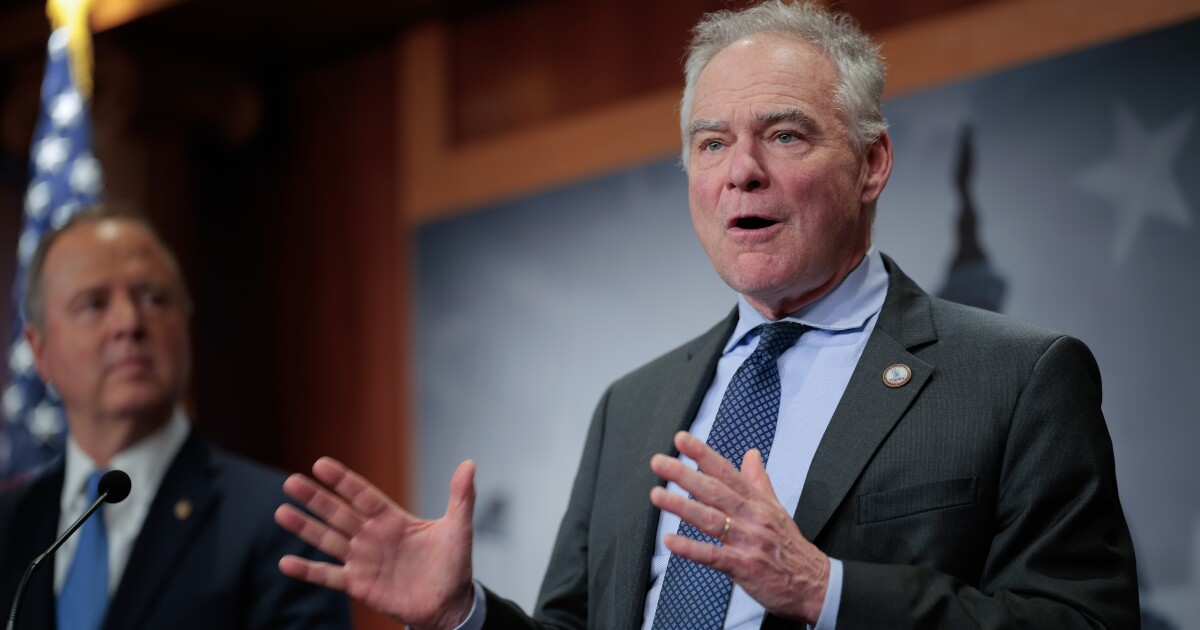The ongoing legal battle between the Michigan Department of Health and Human Services (MDHHS) and the West Michigan Partnership for Children (WMPC) took a pivotal turn on Monday as a Court of Claims judge deliberated the complexities surrounding the case. The dispute arose after the state decided to cut funding to WMPC, which had been managing foster care cases in Kent County.
Judge Christopher Yates, overseeing the case, indicated there might be a “straightforward” path for WMPC to succeed without needing an injunction against MDHHS. The nonprofit organization had filed a lawsuit alleging the health department’s refusal to renew its contract was unlawful, and it sought a declaratory judgment to mandate continued funding.
During the court session, Yates remarked, “Declaratory relief is the sort of thing the court can grant to guide the parties on their future conduct,” while also noting that an injunction would be a more “drastic” measure. This case follows the prolonged budget negotiations that commenced in October, which resulted in the removal of language specifying funds for WMPC’s unique foster care system in Kent County.
Without explicit contractual language, MDHHS opted not to renew the oversight contract. However, WMPC’s attorney, Steve van Stempvoort, argued that other state laws still mandate the implementation of a “performance-based” system, a role only WMPC is equipped to fulfill. “This would be a different case if the Legislature had said, ‘You know what, we don’t want this to happen so we’re going to affirmatively write something into the appropriations bill that says we’re not doing this in Kent County anymore,’” van Stempvoort stated.
The Kent County foster care model, which emerged from reform measures after a 2006 lawsuit, operates on a different premise than the rest of the state. It introduced WMPC as an intermediary, paying agencies upfront to improve child welfare outcomes. Although intended as a pilot program, this model was never expanded beyond Kent County.
The controversy over funding stems from the additional $2 million annual cost incurred by the state. WMPC claimed the sudden contract termination left 426 children in limbo. However, Lindsey Lavine, representing MDHHS, assured that the department assumed oversight without altering the services provided, stating, “There has been no change to any of the services that they have received.”
As the case unfolds, Judge Yates highlighted that if MDHHS continues its current approach, WMPC might cease to exist, eliminating any possibility of reverting to its model if needed in the future. He suggested MDHHS could potentially fund WMPC for one year but stopped short of committing to the three-year funding request. The court has yet to reach a final decision on whether intervention is warranted.
—
Read More Michigan News










